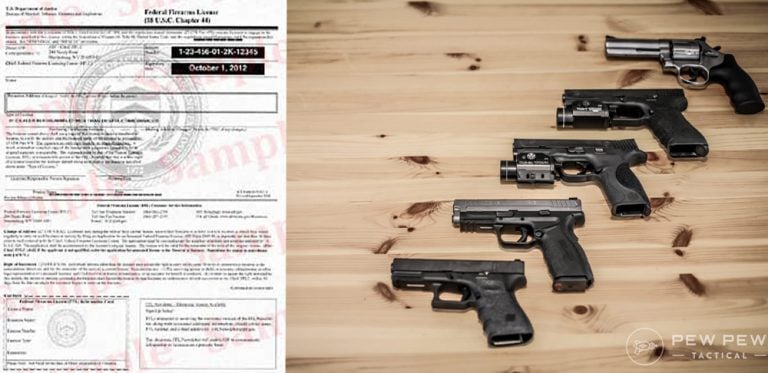

Ever wanted to become a licensed FFL and sell guns to the public? Well, here's your chance! Take a look at our step-by-step guide to get an FFL license.
Published May 05, 2021Link copied to clipboard!
We review products independently. When you buy through links on our site, we may earn a commission to help support our testing. Learn more.
JUMP TO SECTION Jump To:
If you want to operate a business selling, manufacturing, or importing firearms, you need a Federal Firearms License or FFL.
An FFL allows you to purchase firearms from distributors or manufacturers within the United States at wholesale prices, then turn around and sell them to the general public.
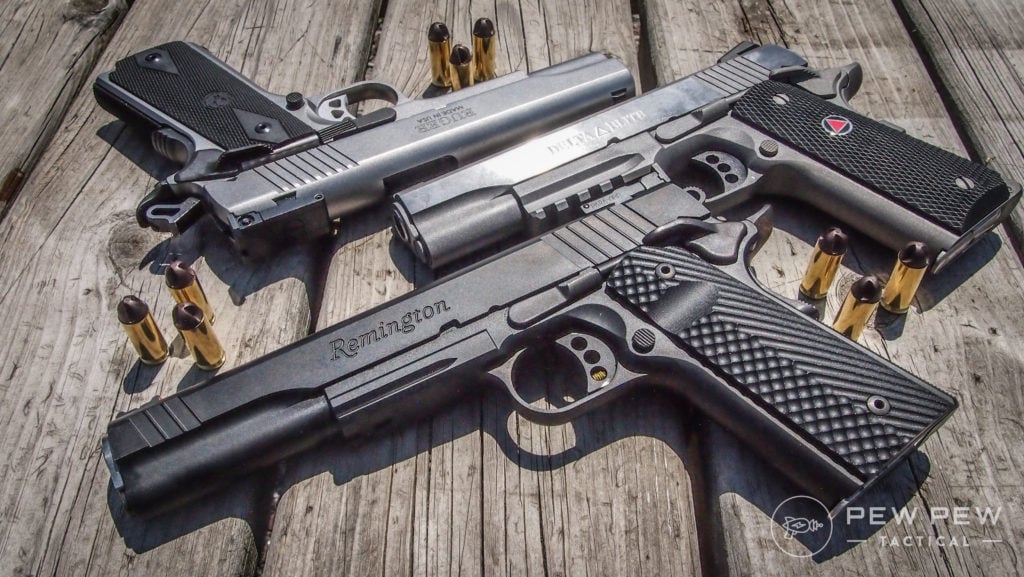
With the right type of FFL, you can also import firearms from other countries or even manufacture firearms yourself.
While getting an FFL isn’t hard, it is difficult.
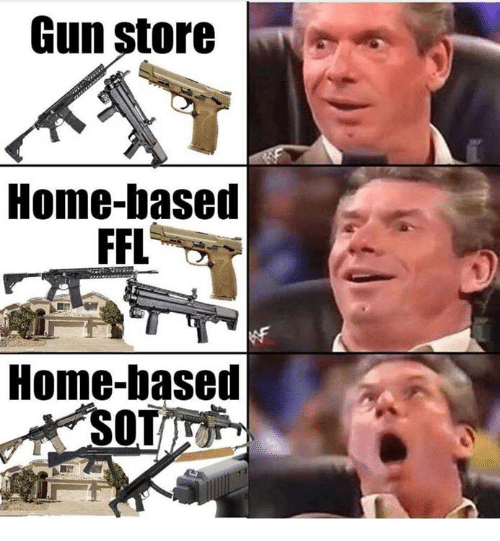
What I mean by that is that navigating the process of getting your FFL and making sure you know all the applicable laws.
Not only must you meet the ATF’s rules, you have to figure out what state and local laws affect your business.

However, once you know what you need to do, it’s generally pretty straightforward to actually do it.
In this guide, we’ll go over the entire process of obtaining your FFL from start to finish to help you figure out what you need — or at least figure out how to figure out what you need.
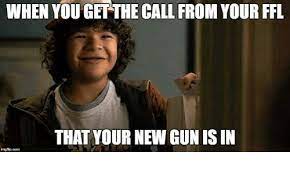
And at the very end, I’ll touch on what resources you can use to make it all even easier.
Now, let’s start at the beginning!
Table of Contents
Trending: Ammo In-Stock, Best AR-15s, Best Concealed Carry GunsDon’t get ahead of yourself.
First things first, make sure you’re actually eligible to get an FFL before you do anything.
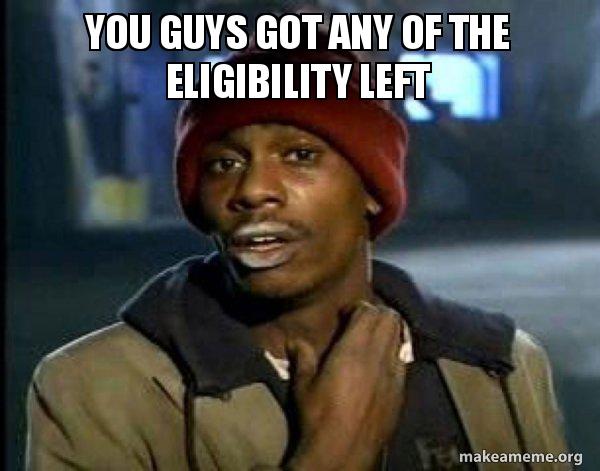
To get an FFL you must:
Now let’s go into a couple of those in more detail:
People who are, by federal law, not permitted to possess a firearm are called “prohibited persons.” Prohibited persons include anyone:
However, your state and local laws may provide additional classifications that prevent people from legally possessing a firearm.
You also need a physical location where you can operate your business. This can be your home or a separate storefront or workshop.
However, you need to ensure that you’re legally able to operate your business out of whatever location you’ve chosen.
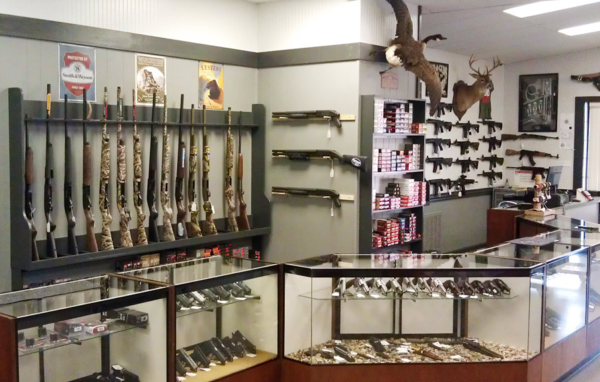
Once you’ve ensured that you’re able to get an FFL in the first place, you need to decide what type you need before you can start filling out your application.

There are nine types of FFLs:
The type you want depends on what types of business you want to be able to do and with what firearms.
Type 01 is by far the most common type of FFL, followed by Type 07.
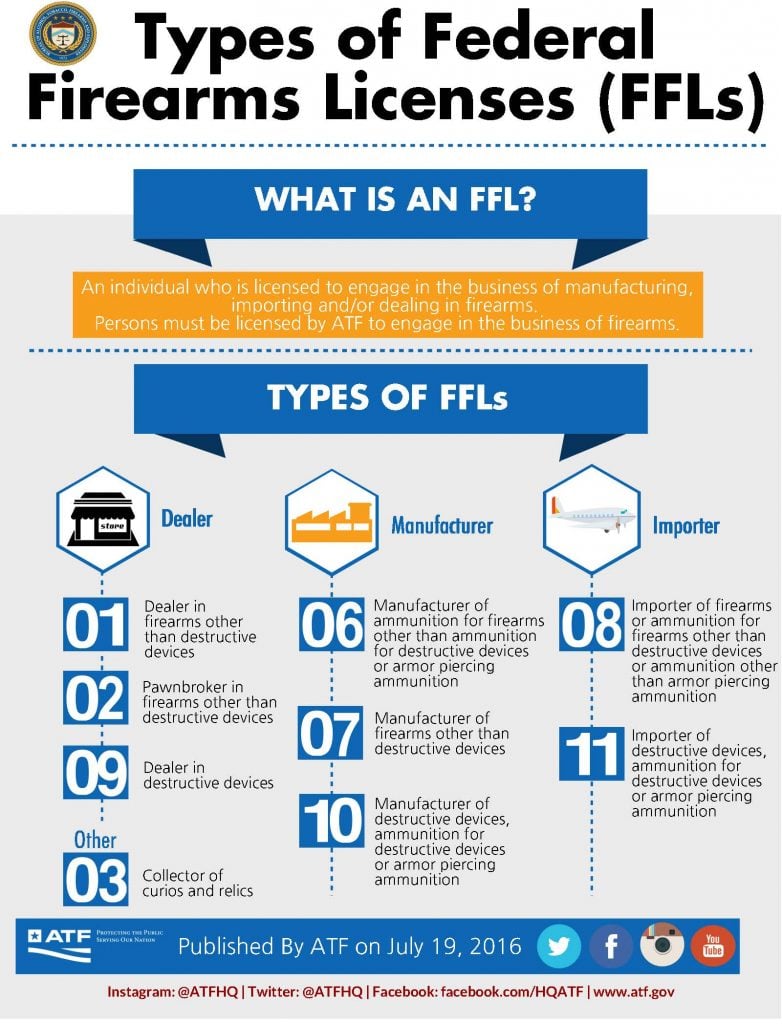
Select the type that fits with the sort of things you’re planning on offering right away.
“Just in case I want to provide X service later on” won’t be sufficient cause for the ATF to grant you an FFL that covers more than you need.
For example, an FFL class that allows you to import armor piercing ammo when you plan on focusing your business on making and selling custom ARs, isn’t likely to be granted.
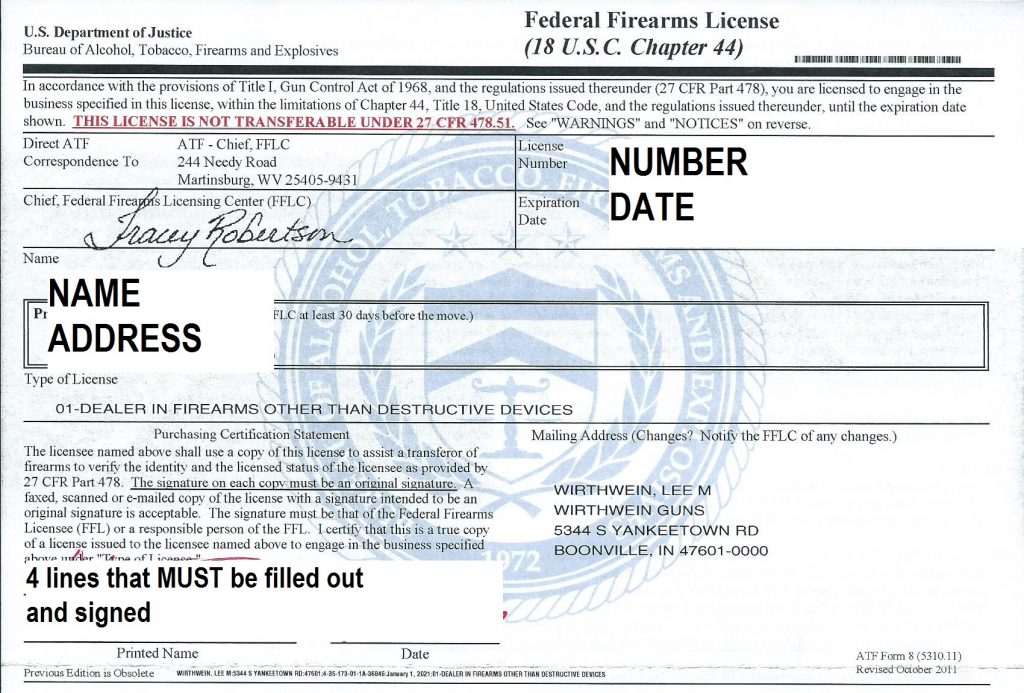
As an aside, to conduct business with NFA items, you’ll also need a Special Occupational Taxpayer (SOT) license.
That process is separate from obtaining your FFL.
Now it’s time to put pen to paper and complete the ATF Form 7/7CR.
Aside from just filling in the blanks, to finish the form, you’ll need a 2×2-inch photo taken in the last six months — without a hat or other head covering. Something like a passport photo will work.
You’ll also need a fingerprint card (Form FD-258).
Make sure these two items are properly prepared and attached according to the instructions on the form.
You don’t need the photo or fingerprint card if you’re only applying for a Type 03 FFL and no other type.
Add on Business Partners
If the business is a joint venture with other people, each person involved in decisions related to the business is considered a “Responsible Person.”
Each Responsible Person needs to fill out and attach their own copy of Part B of the form (Responsible Person Questionnaire), complete with a photo and fingerprints.
Regardless of how many responsible persons you have, you only have to fill out Part A once.
Once you complete the form, you’ll need to send a copy to the Chief Law Enforcement Officer (CLEO) of the place where your business address is located.
Typically, this is the Chief of Police or Sheriff. Fortunately, you don’t need them to do anything for you.
After you’ve done that, you can submit another copy of the form, along with your application fee, to the Federal Firearms Licensing Center (FFLC). The address is on the form.
Pay Your Fees
The application fee varies depending on what type of FFL you’re applying for.
The most common types have an application fee of $150 to $200.
However, Type 03 and Type 06 only cost $30, while Types 09 through 11, which all deal with Destructive Devices, cost a whopping $3,000.
You can pay the application fee with a check, cashier’s check, or money order enclosed with the form, or with a credit or debit card by including the card information in the relevant spot on the form.
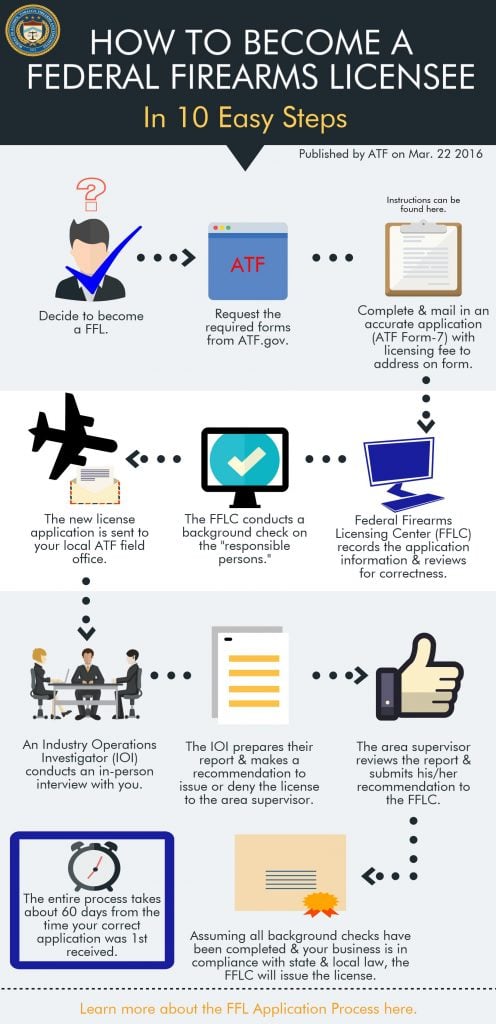
Now that you’ve sent in your Form 7/7R, the ball is in the ATF’s court.
Once the FFLC has received your application, they’ll look it over to make sure it’s filled out properly, then perform background checks on each responsible person.
Once they’ve finished their part, they’ll send it to your local ATF field office.
You don’t want to spend your time waiting for all this to go down doing nothing, though.
Once your form heads to the local ATF field office, they’ll assign an Industry Operations Investigator (IOI) to your application. This person will then interview you and inspect your place of business.
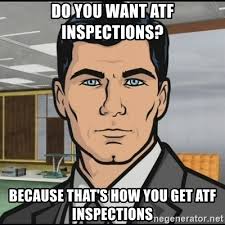
Ultimately, you shouldn’t stress about this too much, but you also want to be ready so it goes smoothly.
What the IOI looks for is evidence that you’re actually trying to start a business, and not just applying for your FFL for convenience’s sake.

You don’t need a super detailed business plan or contracts with suppliers or potential clients ready for them.
But, you should be prepared to show that you put thought into how your business will work. And also show you’ve put effort into getting your business started beyond your FFL application.
For example, it’s a good idea to know whether or not you need a business license and how you need to go about obtaining it.
If you do, it’s a good idea to begin the process of obtaining one — as long as you don’t need your FFL to do so first!
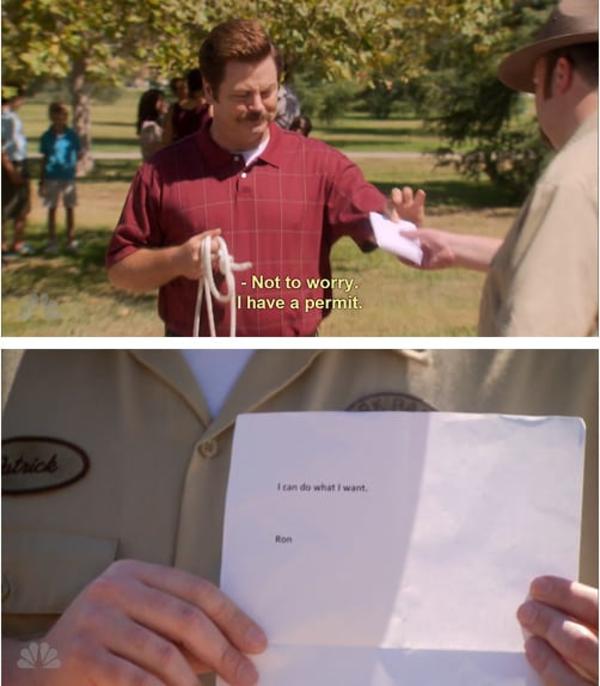
If you need to register your business, do that. Obtain or apply for a business bank account, insurance, or permits as applicable.
Get your bound book ready to start recording purchases and sales. Have the rest of your documentation related to your business neatly organized in a way that allows you to find everything you need.

Prices accurate at time of writing
Prices accurate at time of writing
Available CouponsBoom! Now you look like a pro!
Make sure you’re able to safely and securely store firearms.
To meet the ATF’s minimum standards, there needs to be a lock between the public and your firearm inventory.
IOIs are given discretion to decide during the inspection whether your methods are sufficient.
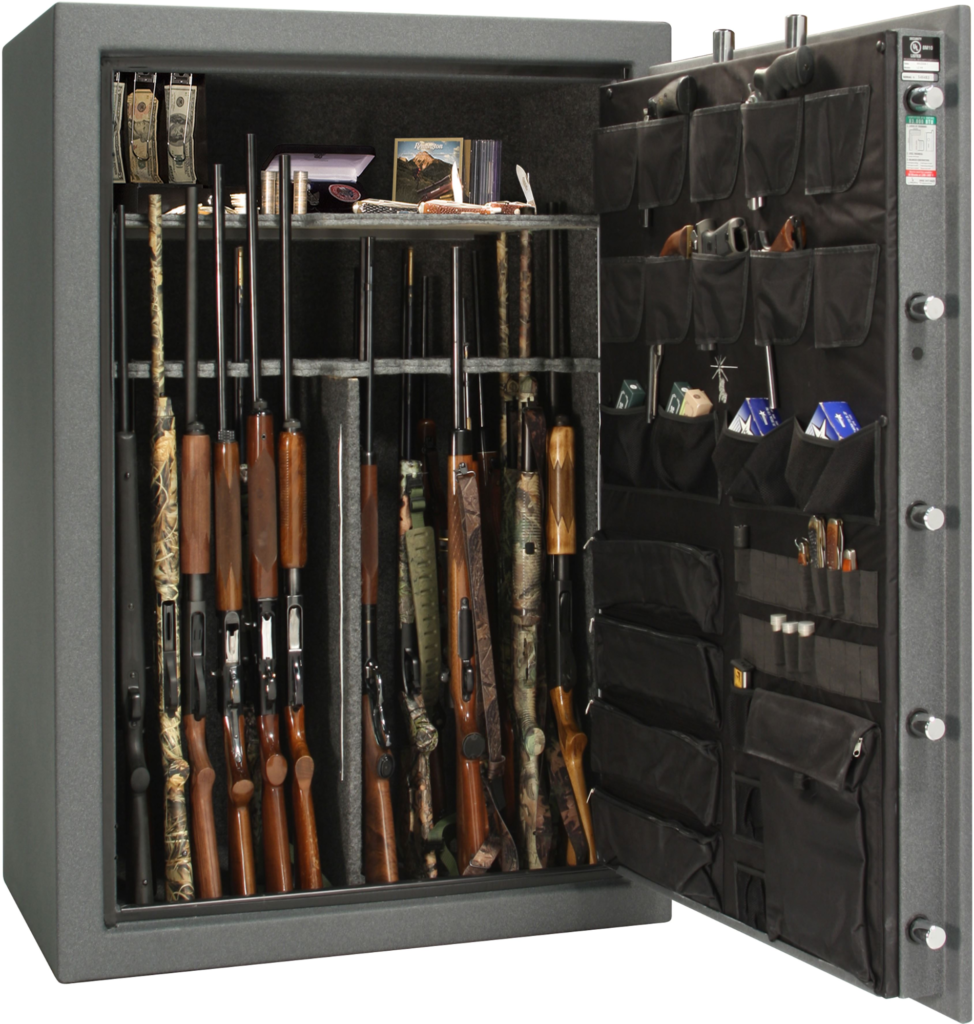
To make sure your inspector is satisfied, you’ll want more than just a lock on the front door.
At a minimum, you want a gun safe. But, using an alarm system and placing your safe behind additional locked doors looks even better.
If you’re operating in your home, it’s also a good idea to have a strategy for keeping personal firearms and inventory separate.
The IOI interview mostly just makes sure everything on your application checks out. Also, they want to ensure you’ve got legitimate intent to do business and are responsible and knowledgeable enough to be allowed to do so.
Now’s the time to pull out those neatly organized records that you’ve been putting together.
This will also be the time when you justify why you need the FFL type that you selected.
If you’ve changed your plans since you filed your application and now want a different type of FFL, your IOI will be able to make that change for you at your interview.
They’ll also correct any other discrepancies they find on the form.
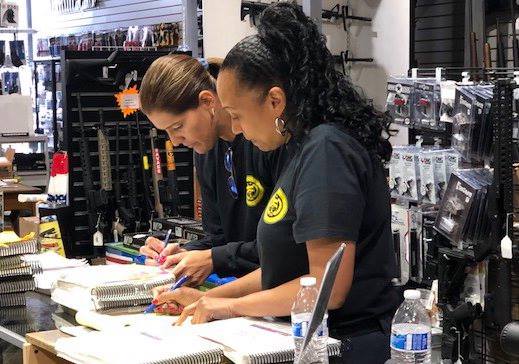
The investigator probably won’t quiz you on laws, but it should be clear from your records and your discussion with the IOI that you’ve already familiarized yourself with the laws.
They will inspect your place of business, though. Show off the security measures you’ve put in place and how you’ll keep your inventory organized.
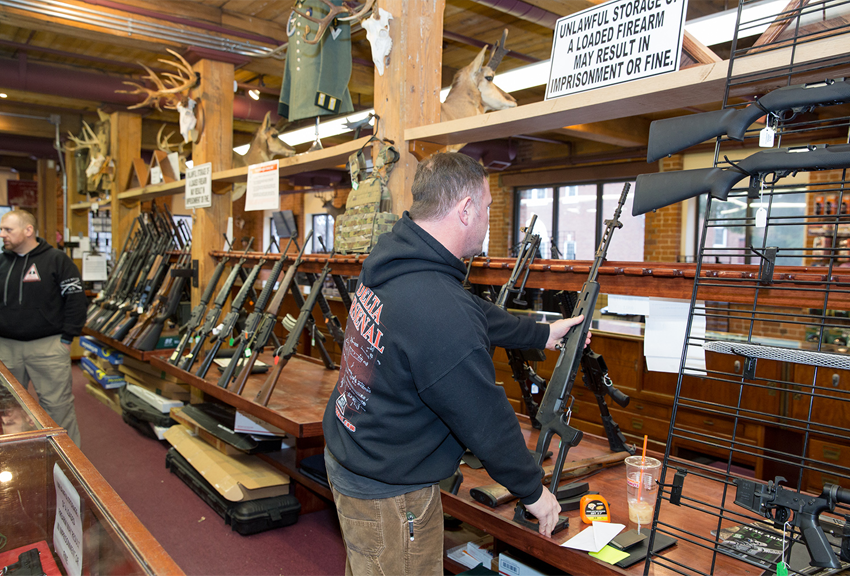
If the investigator finds any compliance issues, you’ll get 30 days to correct them.
If you don’t correct them in that period, your application will be denied. It’s best to avoid them in the first place, though, so you don’t delay getting your license.
Most of your meeting with the IOI, however, will be spent going through the ATF’s FFL handbook, a process that will probably take about three hours.
If you’ve prepared well, there shouldn’t be any surprises in what the investigator tells you, but the IOI must go through the entire handbook with you, section by section.
Take advantage of the opportunity to do so with an expert. Pay attention and if you have questions, ask them. Your investigator won’t hold it against you.
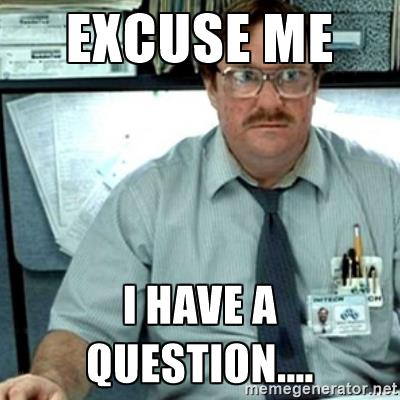
Once everything’s squared away with your interview and inspection, the IOI will put together a report about their experience with you and make their recommendation as to whether your license should be issued or denied.
If you’ve made it this far, they’ll probably recommend that it should be issued.
They’ll pass their report and recommendation up to their field office’s supervisor.
The field office supervisor will then go over it and issue their own recommendation, which they then send back to the FFLC.
They’ll typically go with whatever the interviewer recommended.
If everything looks good to the FFLC, they’ll finish processing your documentation and send out your shiny new FFL!
Assuming your application was filled out completely and correctly, and you didn’t have any compliance issues that required a second interview and inspection, it should take about two months for the ATF to issue your FFL once they’ve received the application.
Your interview should take place around the middle of that period.

Navigating the process of getting an FFL by yourself is complicated, but it can be made easier.
There are a few courses that you can purchase that will help you through every step of the process.
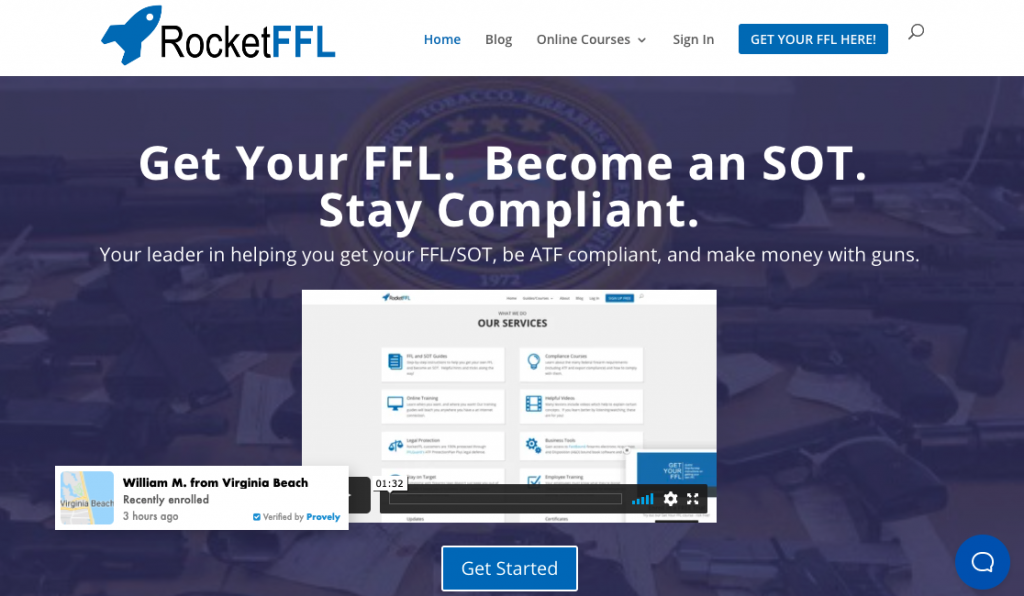
A couple of our favorites are those offered by RocketFFL and FFL123.
They not only help you fill out your applications and assemble the proper paperwork, but they also help you set up your business and ensure that it’s compliant with the law.
Each course is well worth the money to save you time and headaches with getting your FFL set up.
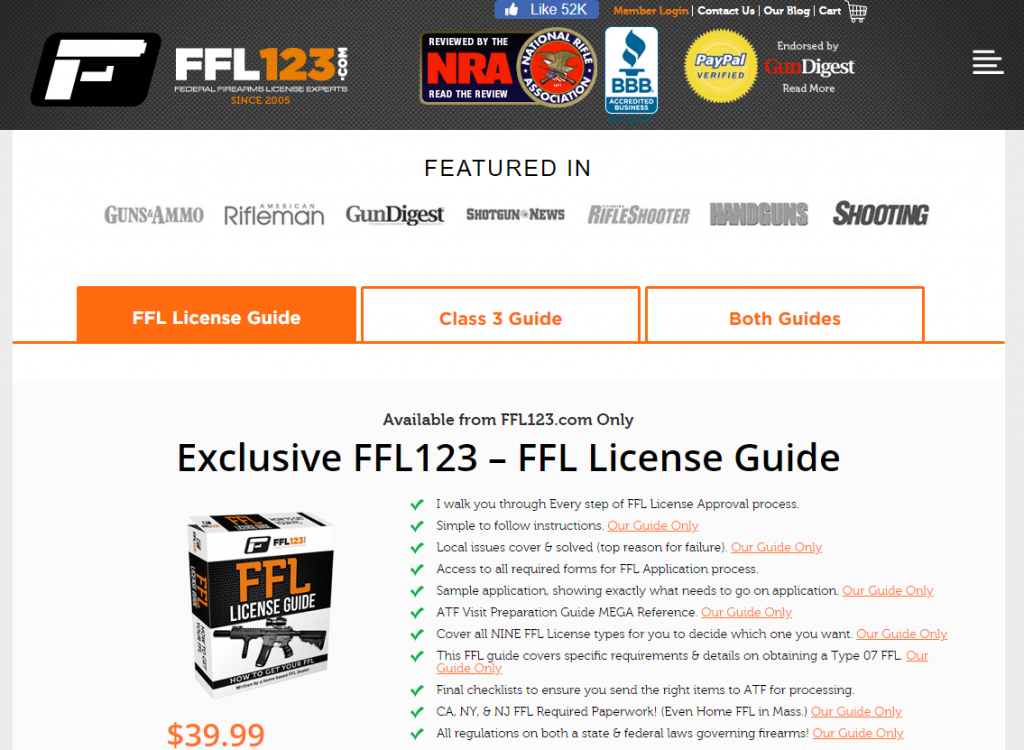
However, each company’s course is a little different and has its own combination of extra info to help you out.
Look at the course descriptions on each company’s website to decide which one best fits your needs and wants.
And both RocketFFL and FFL123 also add other courses and add-ons to teach you even more. So give them a look too!
If you’ve been dreaming of starting your own gun business, the good news is — it’s not as hard as it may seem at first glance.
While starting any business is a big venture, getting your FFL doesn’t have to be.
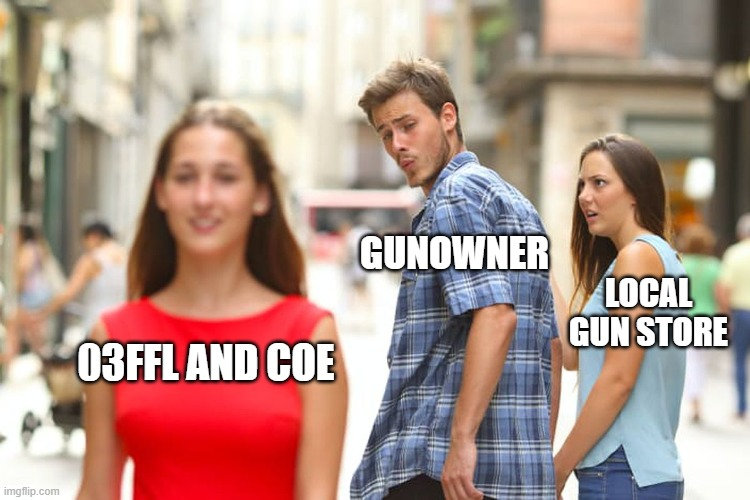
Hopefully, now you have a bit of a better view about the process of getting an FFL…or at least feel very grateful that your local FFL went through the process so you don’t have to!
Already an FFL? Drop some tips in the comments below! If you want to brush up on your gun law knowledge. To dive further into the types of FFLs you can apply for, check out our guide on FFL License Types.
Megan Kriss is an avid recreational shooter by day, and writer/editor by night. She has an extensive linguistics and writing background, and has written for everyone from Allstate to celebrity plastic surgeons. She also has experience in international affairs and political policy analysis.

The Best Gun Deals, Coupons and Finds
Subscribe to Pew Pew Tactical's sales and deals email.
!. I like to receive reports of how many Guns Dealers are declining in numbers. From the A,T,F Reports too every month reports too! The number of Licenses (01) (02) N.F.A (09) F.F.L.s Gun sellers Licenses only too! Agree.
April 15, 2024 3:37 pmcomo puedo transportar mi rifle AR15 S&W para mudarme de FL. a P.R. o puedo cargarla en un estuche desarmada como mi pistola y enviarla por debajo del avion.soy un expolicia.
November 1, 2023 4:14 pmNice article but incomplete. Missing steps which if you mess them up will make sure you never get an FFL or lose your FFL - from real life experiences of three different people I know:
1. On the FFL application there is shown a requirement to notify the "police chief" in writing that you are going to conduct the FFL business. A lot of people don't think this has a bearing but it does. The police chief can get the ATF to not issue you a license for any reason he/she deems fit. So when you do this step make sure the police chief is receptive to having FFL's granted in the area NOW WHEN YOU ARE APPLYING, no matter if there are already gun stores in the area. Police chiefs have a tendency to change their minds for any future FFL's if the city council or mayor do not like guns.
2. If this is a home business make sure your local zoning allows you to do this at your home.
3. The ATF actually expects you to do what the license is for. So, for example, if you get the license to sell guns (that suppose to be to others) but really just use it to transfer guns to yourself to avoid having to go through an FFL - eventually the ATF is going to find out about it when one day they realize you have not transferred any guns to anyone else, they will come looking, and find out that you are personally using all the guns you bought from GunsR-Us.com on line and just used your license to avoid going through another FFL. Then you are going to be in trouble and will lose the license and never be able to get another one.
4. There is a trend developing for home business FFL's to want to not actually stock firearms on premises and instead work out a deal with a supplier to distribute their products but the home FFL is not an authorized "distributor" for them and is basically acting as a "firearms broker". The supplier maintains the stock at their own storage location and when the home FFL gets a customer the customer pays for the gun/ammunition (which includes your cut of the revenue) and the home FFL orders it from the supplier they worked out the deal with then transfers to the customer when the order arrives. If you do this make sure you get the correct license and in your application mention you will act as a broker for firearms and if you stock firearms mention that you will also stock firearms FOR SALE and if you say you are going to stock firearms you better have some in stock for sale if the ATF comes looking. Home FFL's are starting to do this supplier deal because their local jurisdiction will not permit them to store guns and ammunition for retail in their homes.
5. If you do the home FFL thing make sure your local jurisdiction will allow you to store your retail sale firearms and ammunition in your home. If they don't you will need to work out something for authorized storage or make some changes to the home to meet their requirements.
May 5, 2021 12:08 pm David, PPT EditorWhen I spoke to the ATF for my FFL they informed me that the CLEO had no bearing on their issuing of the FFL. That while I was required to inform the CLEO, the CLEO had no recourse for preventing the ATF from issuing the FFL.
The other points you made are great!
May 5, 2021 12:36 pmThe cleo is not suppose to be able too directly officially.. but the cleo
can talk to the atf and object to it and the atf takes into account.
in considering the application consideration before they get to the determination phase for issue. If you don;t get through the application consideration then that's it. Remember, this is Biden's ATF so what they used to do is still what they uses to to but how Biden wants it done.
May 5, 2021 1:09 pmTo add a few more things I had forgotten about from the lessons learned by these three people.
Have your books in order, always up to date, and every gun accounted for all the time. If you stock guns every gun in your inventory has to be accounted for in your records. If you remove a gun from your inventory for personal use by yourself or another authorized license person (yes, an FFL holder can do this without transferring the firearm) make sure it is signed out properly and recorded in the required records. If the ATF comes looking, and sometimes they do (not as much as they used to), the records better be up to date 'cause the excuse "oh, I forgot to log that gun as signed out because I got busy" or others don't work.
If you use safes to secure your retail weapons in your home make sure to put the safe on the ground floor. One guy went big time and poured several thousand dollars into his new FFL venture. To meet a local ordinance requirement he bought safes in which to store the firearms and ammunition. He put several safes in two rooms on the second floor of his home, the safes alone were 700 lbs each. Why anyone would move these heavy things upstairs when its much easier to put them on the ground floor to begin with it beyond me but its not a requirement that all FFL holders be smart people. Anyway, he loaded them up with guns and ammo and went about selling guns from his home using his brand new FFL. Worked for almost a week until the second floor collapsed in those two rooms with his wife in one of them at the time. It turns out, he said later after $40,000.00 in damage repair and a divorce "Safes with a bunch of guns and bullets in them can be really heavy." well Duh! The moral of the story is have property sited and prepared areas that are dedicated to nothing but your home FFL holder business if you are going to stock guns and ammo and ensure those areas are suitable.
For the home business FFL holder If, in your home, you also store retail ammo for sale under your FFL - your jurisdiction may require you to meet certain, more specialized, hazard and fire codes as well as building codes. Do your research. It sounds great to be able to be a home FFL holder business, apply for and get the license, get everything lined up - but then along comes building codes and fire codes and hazard codes you never had to think about before and you are facing a few thousand to several thousand dollars to meet those requirements then the shine on that brand new FFL isn't so shiny any more. So do your research first and be prepared and have a back up plan.
Oh, if this is a home business FFL holder make sure to apply, if required by your jurisdiction, for and get the "home business" forms from your city government agencies (i.e. building code enforcement, city clerk, etc. ). Some states do not require a business license for a home business, but local jurisdictions might require you to register as a home business if you are engaged in the sales of firearms and ammunition. Yeah, its a kind of obscure thing people never look into and get away without doing but if its required and something happens (a fire, break in, accident, etc. ) someone might check. This is usually free or maybe sometimes a small fee, but its insurance against the jurisdiction fining you and/or shutting you down. So check your jurisdiction to find out if this is something that's required.
If you get an FFL to manufacture it does not mean you can manufacture everything. If your friend "Joe" (or "Sally" or what ever the name) comes to you and says "hey, I got a bunch of these 80% lowers that need to be milled so I can sell them. Since you have the machining capabilities if you do them for me I'll give you a cut of the profit." - It would be a really good thing for you to say "No"